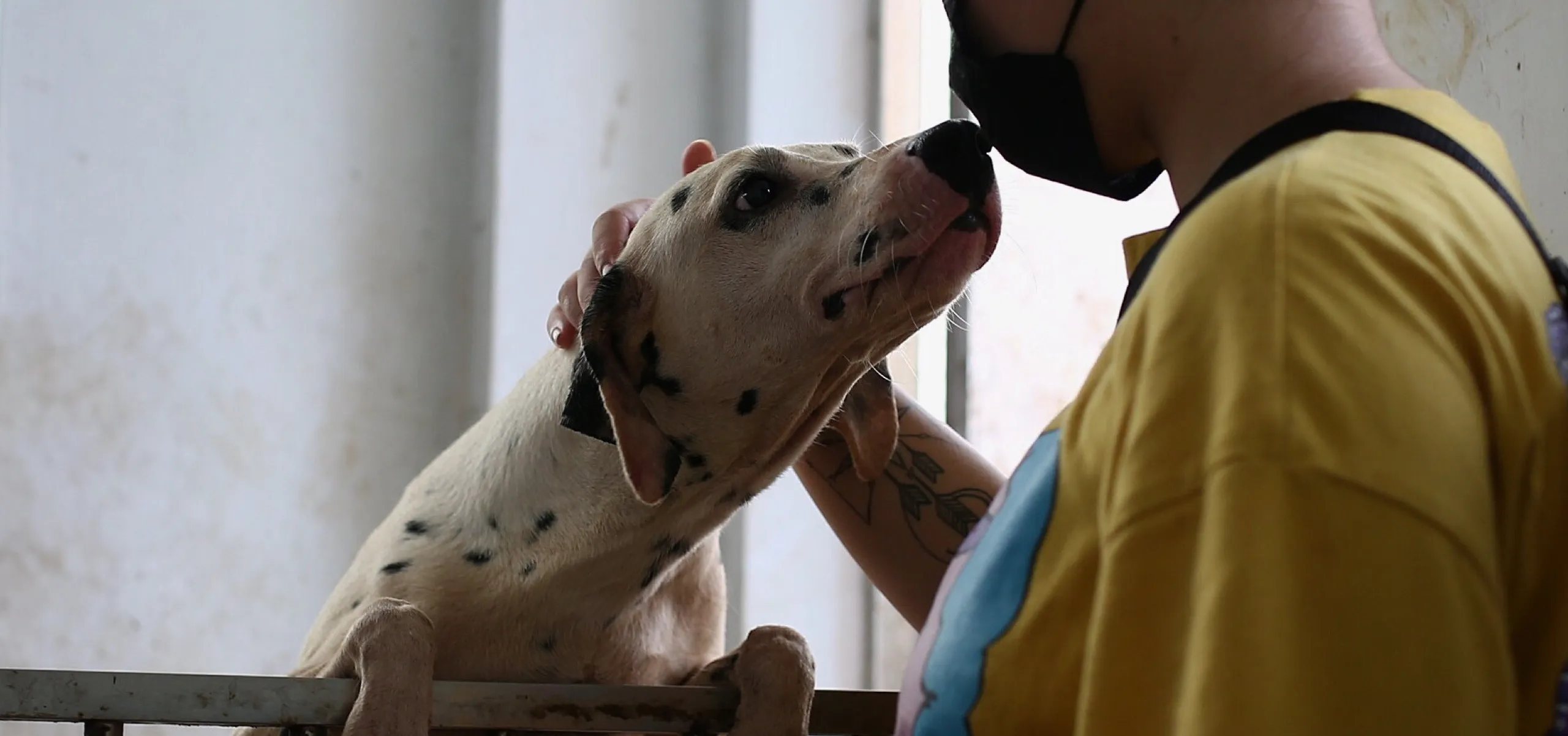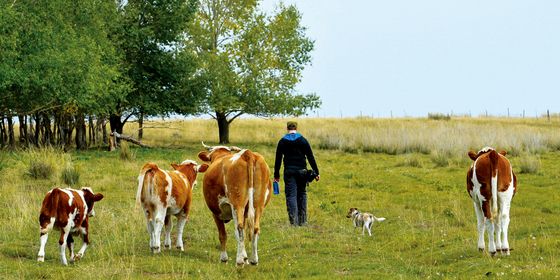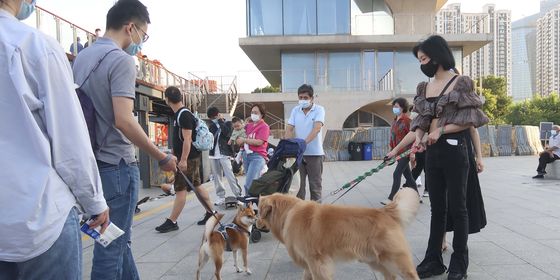“I’ve never regretted it”: How a Beijing animal shelter tried to make a difference—and what happens when they no longer can
My name is Liu Yanli, and I’m 52 years old. I am originally from the Yanbian Korean Autonomous Prefecture in Jilin province, but I have been living in Beijing for about 30 years. I’ve rescued animals for 23 years, and in 2009, I founded an animal shelter named Together for Animals.
It all started with my own dogs, Huzi and Meimei. When I was raising them, I would often search for information about how to care for dogs online. That was how I discovered there are many stray dogs looking for homes. Over time I rescued six cats and three dogs from the street, and then rescued two more dogs. As I rescued more animals, I needed more space. I found a place with a yard in a rural part of Tongzhou district in the suburbs, which I paid about 10,000 yuan a year to rent. After I got a bigger place, more and more dogs started coming in.
I had an office job with a state-owned company. Because of the dogs, I regularly had to ask for leave to, for example, take sick dogs to the vet, or have them sterilized. At first, I would ask my auntie to watch the dogs for me, but gradually I felt I didn’t have enough energy to do both things at the same time. In 2017, I resigned from my stable job and became a full-time rescuer. I’ve never regretted it, because I had to prioritize what was most meaningful and important to me, and it was not appropriate to ask for leave all the time.
It was tough in the beginning. Twenty-three years ago, people didn’t have much awareness about neutering and spaying dogs. They believed it was inhumane. But at the same time, they also treated dogs like toys, things that they could abandon once they didn’t want them anymore. There were lots of homeless dogs on the street at that time. Sometimes we would rescue about a hundred homeless dogs in a single month.
Several times I tried to organize volunteer teams, but they all failed in the end. I had different ideas than the volunteers on what the purpose of animal rescue was. I thought the rescuing was temporary, and the ultimate goal was to send the animals to new families who would adopt them, instead of staying at my shelter for the rest of their lives, which was unrealistic. My values on animal rescue are centered around public education, and I advocate adoption, so the dogs were transferred very fast.













